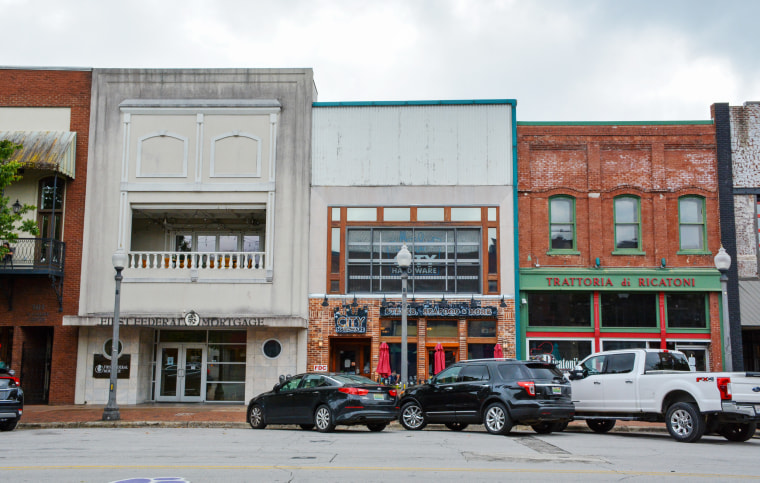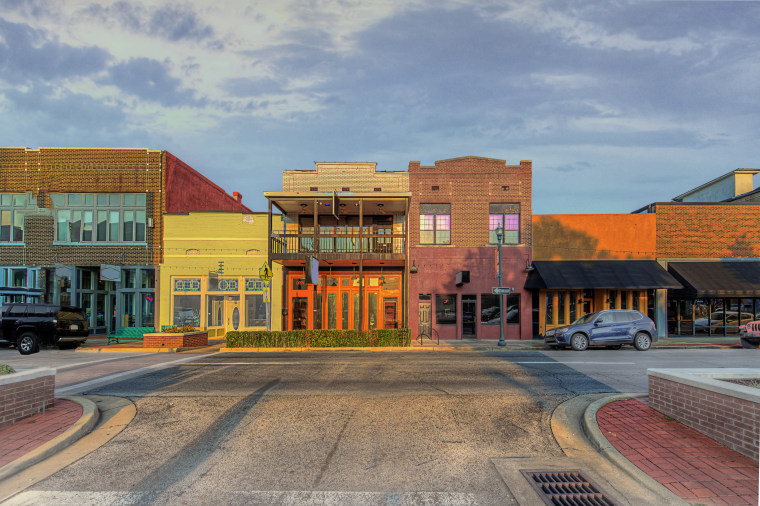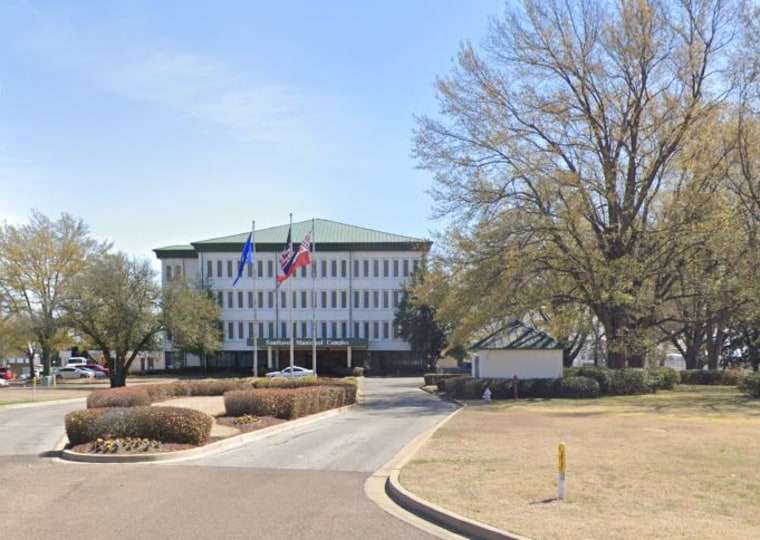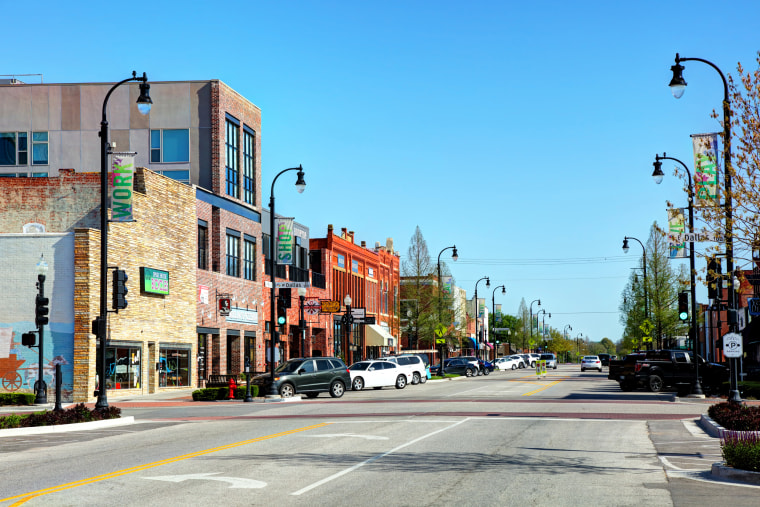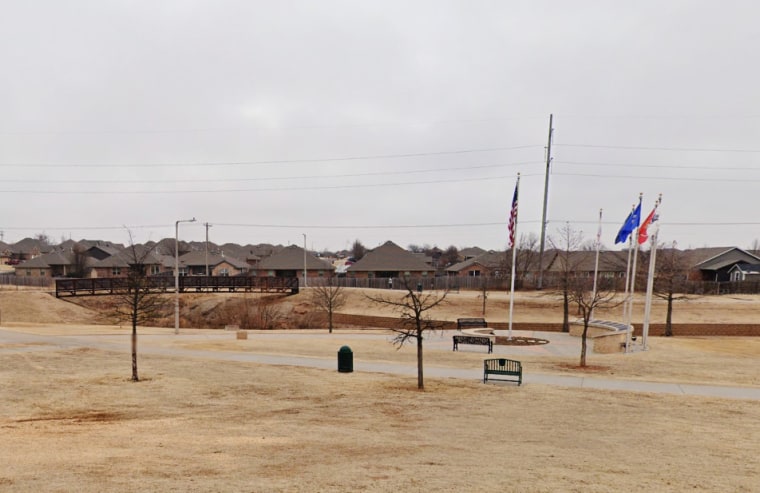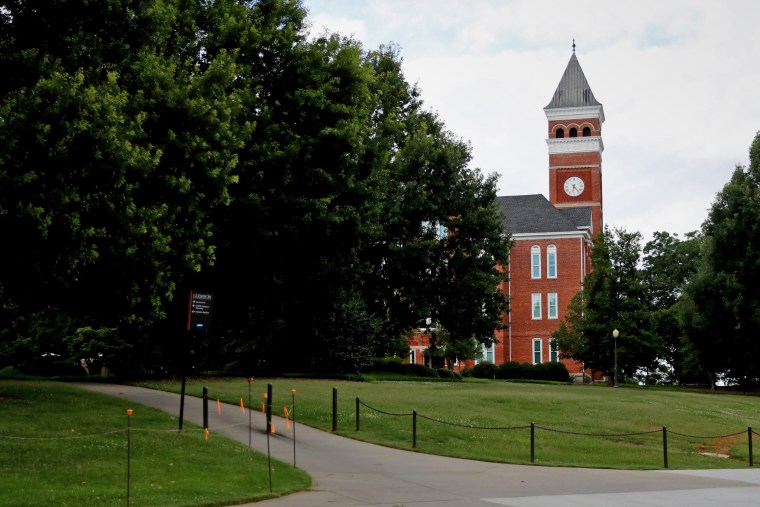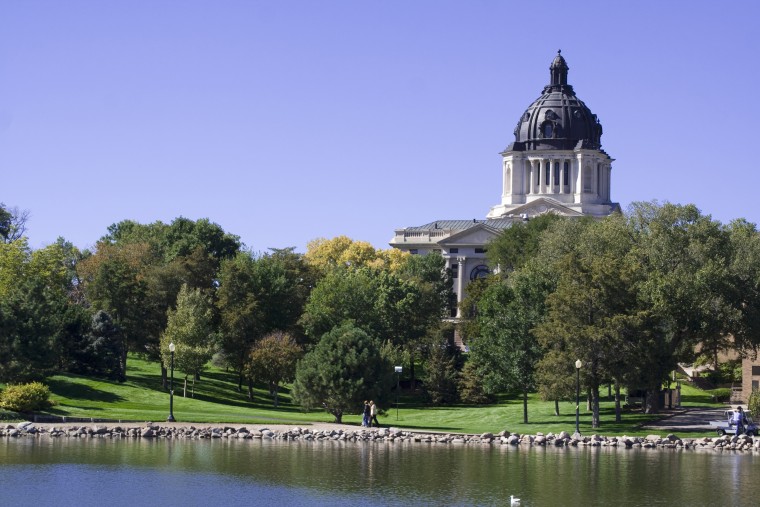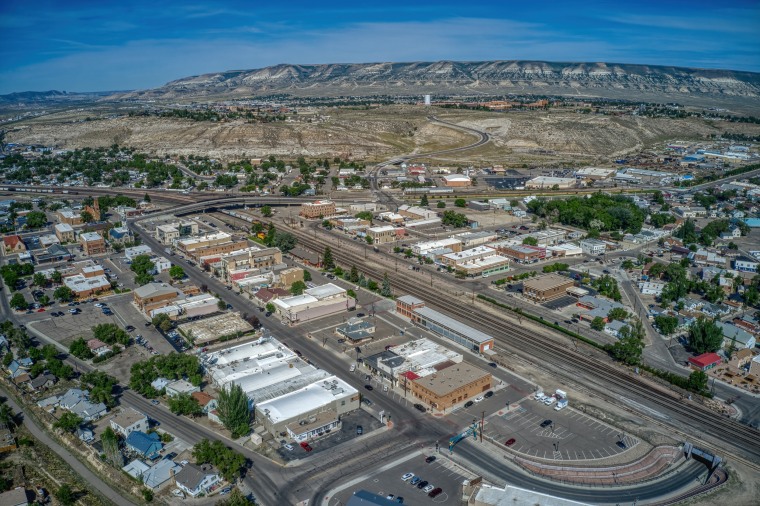Man threatened to shoot up New York City Pride March, FBI saysMatt l
Federal prosecutors arrested a man Monday who they said threatened to attack this year’s New York City Pride March with “firepower” that would “make the 2016 Orlando Pulse Nightclub shooting look like a cakewalk.”
Officials from the FBI and the New York Joint Terrorism Task Force announced that Robert Fehring, 74, was charged with mailing dozens of letters threatening to assault, shoot and bomb LGBTQ-affiliated individuals, organizations and businesses, including New York City’s annual Pride festival.
After executing a search warrant at his home in Bayport, New York, last month, law enforcement agents recovered photographs from a Pride event on Long Island this year, two loaded shotguns, hundreds of rounds of ammunition, two stun guns and a stamped envelope addressed to an LGBTQ-affiliated attorney containing the remains of a dead bird, federal prosecutors said.
“Fehring’s alleged threats to members of the LGBTQ+ community were not only appalling, but dangerous, despite the fact he hadn’t yet acted on his purported intentions,” Michael J. Driscoll, the assistant director-in-charge of the FBI’s New York Field Office, said in a statement.
A criminal complaint released Monday said Fehring had sent more than 60 threatening letters to members of and organizations affiliated with the LGBTQ community since 2013 and as recently as September.
In many of the letters, he describes LGBTQ individuals as worse than the “bottom of the pig-pen” or states that “even animals know better” than to engage in same-sex activity, according to the complaint.
Notably, the complaint stated that Fehring threatened that there would “be radio-cont[r]olled devices placed at numerous strategic places” at the 2021 New York City Pride March with “firepower” that would “make the 2016 Orlando Pulse Nightclub shooting look like a cakewalk,” referring to the massacre at the gay nightclub in Orlando, Florida, which left 49 people dead and dozens injured.
NYC Pride, which runs New York City’s Pride march, “received threatening letters earlier this year and reported them,” the organization’s executive director, Sandra Pérez, told NBC News in an email.
“We are cooperating in any way we can, and we remain committed to the safety and well-being of the LGBTQIA+ community,” she added.
Prosecutors also detailed an incident in which Fehring allegedly sent a letter threatening the organizer of the Long Island Pride event in East Meadow, New York. The letter called the organizer a “freak” and stated, in part, “You are being watched. No matter how long it takes, you will be taken out…. high-powered bullet…. bomb….knife…. whatever it takes.”
Last month, Fehring waived his Miranda rights and allowed federal prosecutors to interview him, according to the complaint. During the interview, he acknowledged that he authored certain letters under investigation and that he had a general animosity toward the LGBTQ community, according to the complaint.
There is “a sick overdose of that stuff being shoved down everybody’s face on the paper, on the TV and all over the place and I’m not a fan of any of the homosexuality, homosexual thing,” he said.
Fehring is expected to make his initial appearance in court Monday afternoon.
